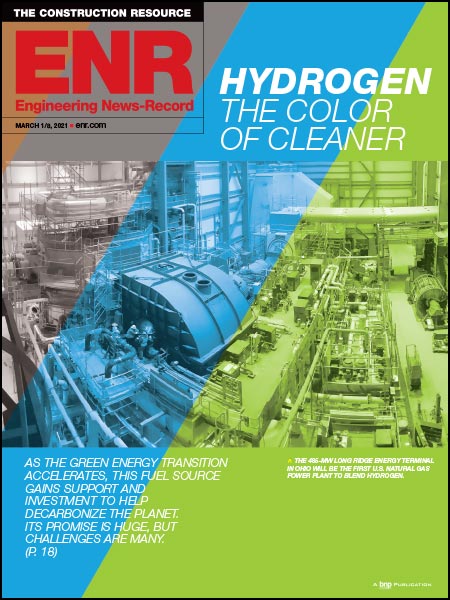The trial of Liu Zhijun, China’s former railways minister, on bribery charges in a local court in Beijing was short, but it drew national attention and has fueled public debate about relations between government officials and private-sector executives, according to published reports there.
Liu, who was a key player in China’s huge high-speed rail expansion over the last decade, admitted on June 9 to accepting cash and assets worth more than $100 million for himself and others over a span of 25 years. The bribes were from former ministry employees and construction firm executives seeking promotions and contract awards, says Zhongcai, a Chinese financial news portal.
Although details of the alleged bribery scheme were not disclosed, Liu was accused of deliberately changing the contract solicitation process on some railway projects to benefit certain companies and individuals.
The criminal probe into one of China’s most high-profile public officials underscores the claimed determination of the country’s new leadership to reduce political corruption.
Liu was removed from his post in 2011 and expelled from the Communist Party last year, according to Channel News Asia.
The court did not announce a sentencing date, according to the Wall Street Journal, but other reports speculate it could be before the end of June.
However, posts from Sina Weibo, a microblog platform similar to Twitter, that reported efforts by prosecutors to seek a reduced sentence for Liu, flooded the site with outcries.
China’s high-speed rail expansion and import of foreign technology have enabled trains on selected routes to accelerate to nearly 120 mph from 30 mph in the early 1990s.
In 2008, however, a passenger train leaving Beijing derailed, killing 70 people and injuring 416. Liu took most of the blame for ordering the excessive train speeds.
Shortly after his 2011 departure, a high-speed train collision in Zhejiang province in southeast China resulted in 40 deaths and more than 120 injuries, generating international headlines. Although already detained for criminal investigation, Liu’s mismanagement of the train speeding initiative again was blamed.
Authorities have frozen assets allegedly used in the bribery scheme, including 374 housing properties worth more than $130 million, more than $10 million in cash and shares of a hotel. Their ownership remains unclear and under review, says the publication.


Post a comment to this article
Report Abusive Comment